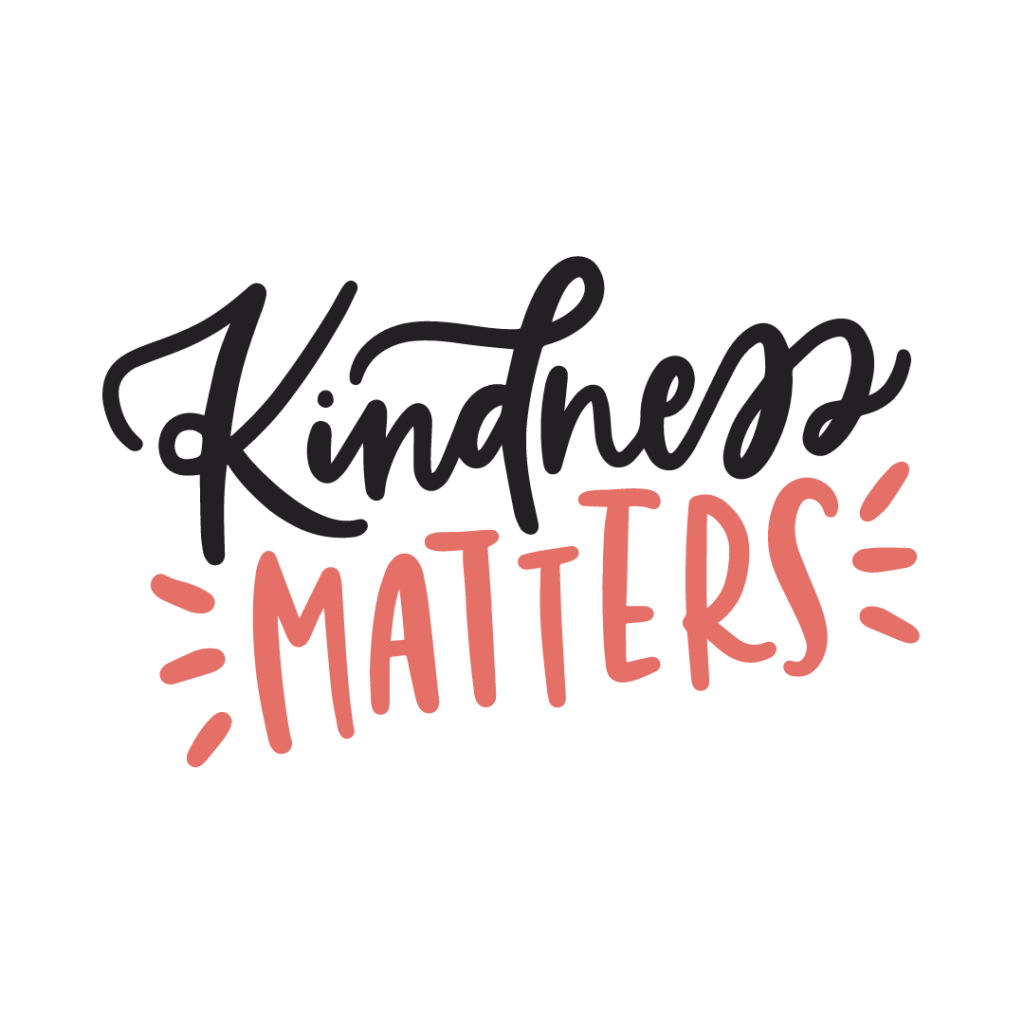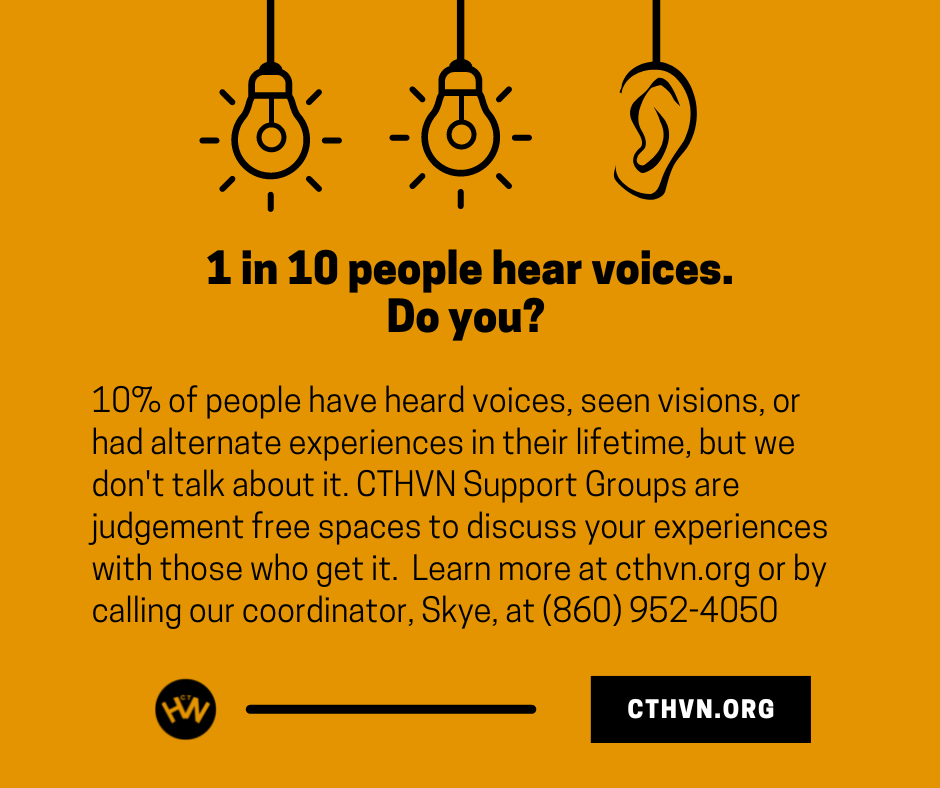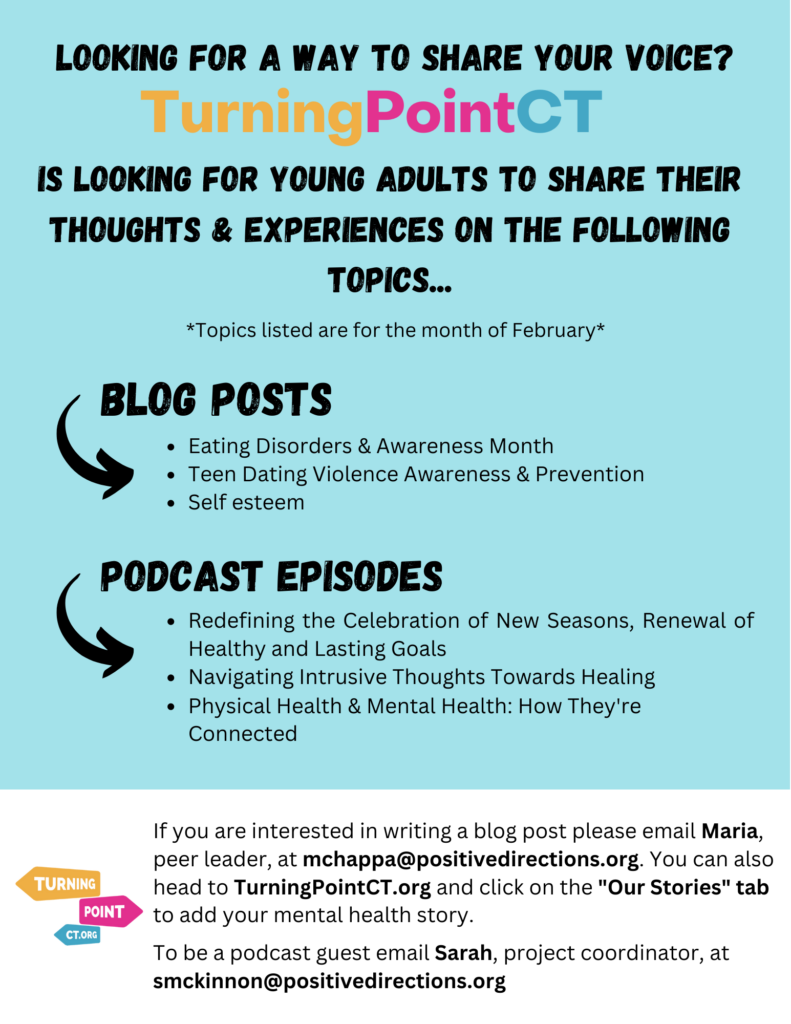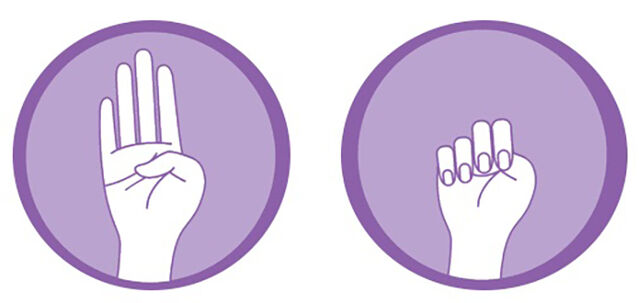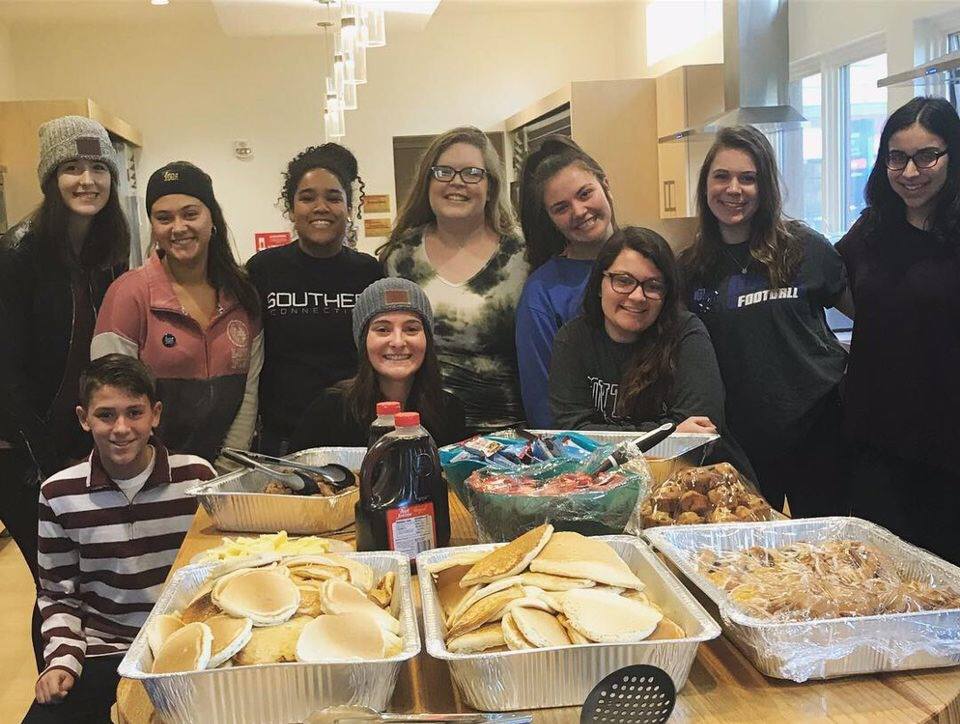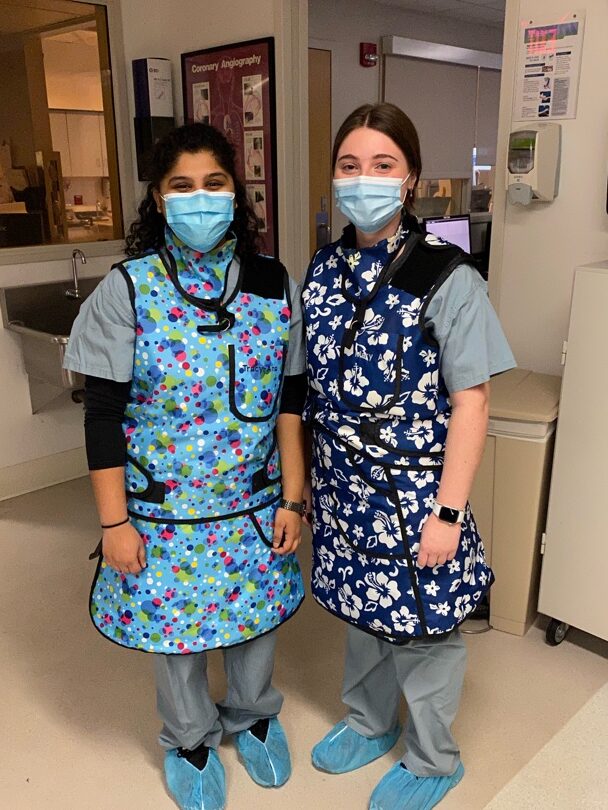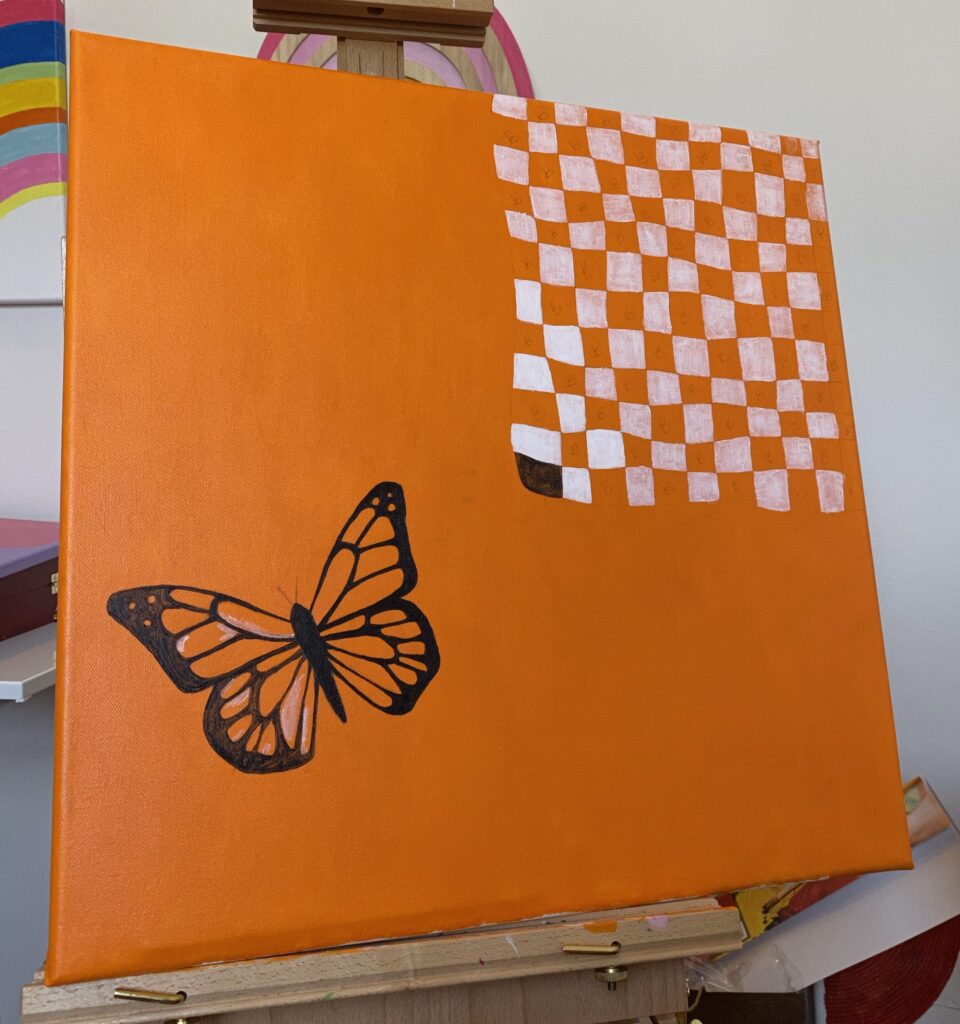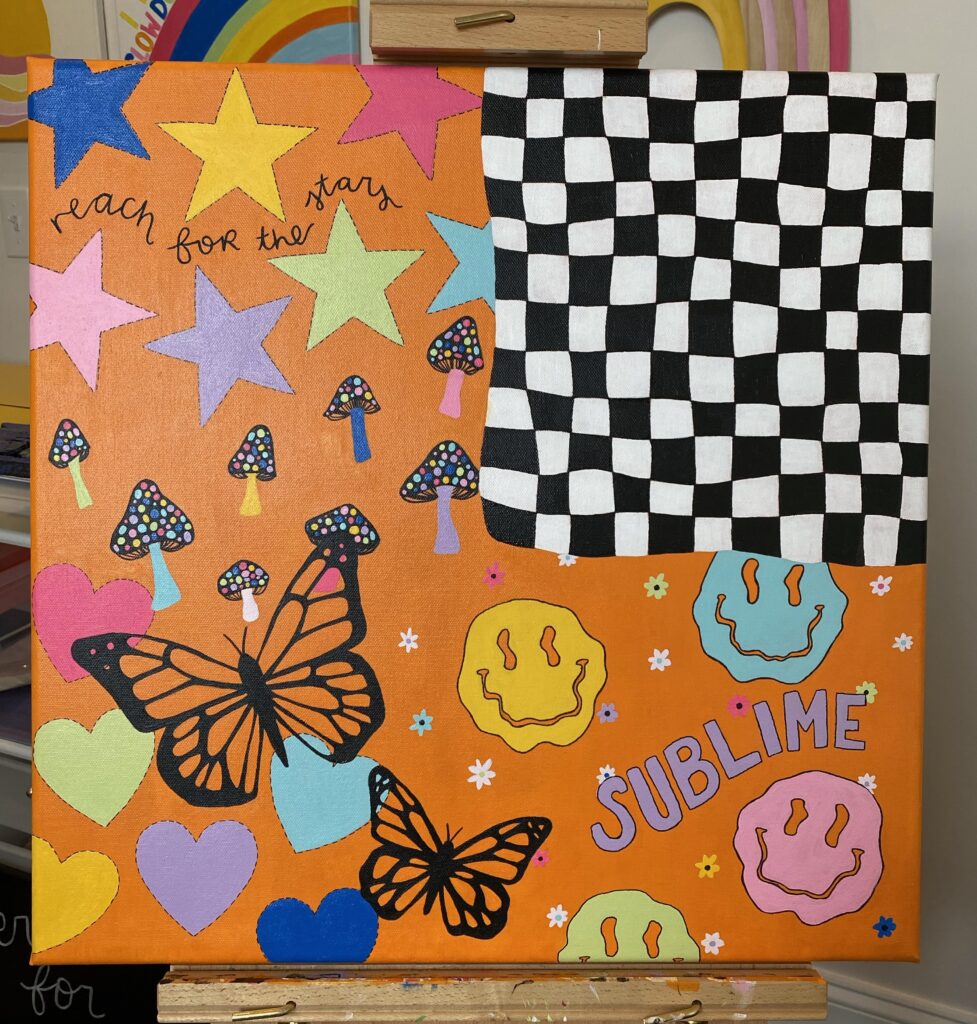College life is all about balance. Balancing classes, social life, clubs, and spending time with friends. For me, the hardest thing to balance is being healthy. Healthy has a different meaning to everyone, but I tend to focus on eating/drinking, exercising, and mental health when thinking about my overall health. College has proved to be a challenge when trying to balance my life, especially these three different aspects. There are so many different things going on in our daily lives that make it hard to focus on all aspects of our health, so I am here to tell you the small things that I try to do to achieve this balance.
Balanced Meals
Eating a balanced diet is so important because we need to fuel our bodies with the proper foods to keep going throughout the day, but it is almost impossible to resist eating all of the amazing food around us. As I have been trying to navigate my diet in college, I have found a couple of ways that work for me in maintaining balance. First, I love going out to dinner and it is one of my favorite ways to treat myself and spend time with my friends.
Freshman and Sophomore year I really wanted a change of pace from the dining hall, and now that I am a Junior, I can get too lazy to cook some nights. When I don’t feel like cooking or I just want a change of pace, I go out and order what I want, simple as that. However, I do not make a habit of going out every night. I go out when I want or need to and try to pick a healthier option!
In addition, I love sweets and eating dessert after I make dinner. Something that I like to do is put chocolate on my fruit and freeze it. I also love the cookie brand Sweet Loren’s because they are gluten and dairy-free, have a lot less sugar, and clean ingredients. Creating and maintaining a balanced diet is hard and I am still trying to figure out different methods that work for me, but I have started feeling better physically and mentally as a result of small changes I have made in my diet.
Balancing Exercise
Exercising is crucial for college students because it not only strengthens our bodies but also improves our concentration and performance on assignments. I have found it very hard to make sure that I have time in my day to exercise because we have so many different responsibilities and sometimes exercising is put on the back burner. I find that the best way to get exercise is moving your body in a way that makes you happy, not that necessarily burns calories. If I am excited about exercising I am happy to make the time in my day.
My favorite way of exercising is walking. I think the best part about walking is getting to be outside and getting away from being in a classroom or the library. I love the change of scenery and getting to appreciate how beautiful nature is. Another way I like to work out is through workout videos. In my Freshman year of college, I was terrified of the gym. Although I warmed up to going to the gym and really like doing group fitness classes like cycling, I still like to do workout videos from the comfort of my room. My favorite workout platform is Peloton because I found that I like the classes, music, and instructors better than other things I have tried in the past, but there are so many different options online.
My suggestion is to try different things and see what works for you whether that be an app or a fitness instructor on YouTube. Working exercise into our daily schedules is so important and there are so many easy ways to get some sort of exercise every day, keeping us moving and healthy.
Mental Health Balance
Lastly, mental health is really important and often we forget about checking in with ourselves. Sometimes I feel like my schedule is in control of me rather than me controlling it, which leaves me with little time for myself. Although it is great to keep busy, it can get to be too much too quickly. I didn’t start to take time for myself until recently and I have noticed such an improvement in my mental health since.
Something that I love to do as I mentioned above is walking, and when I’m walking I always listen to my favorite podcast. This distracts me from thinking about all the tasks I have to do later, dwelling on drama, or how I should start studying for my next test. I forget about myself for a little bit and focus on what other people have to think and talk about.
Another thing that has made a difference in my mood is writing down three good things that happened to me that day before I go to bed. This can be as big as getting an A on a test, to as small as my coffee being particularly good that day. I end my day with positivity and reflecting on what has gone right for me in the last 24 hours rather than going to bed thinking about what went wrong. This has made me appreciate the little things in life and put me into a positive mindset.
These small changes that I have made in my life have improved my mental health and brought me into a happier state of mind.
Balance
Balance is hard to achieve in college, but with these changes I have made in my life, I hope you are able to see how small actions can lead to big changes. Creating changes in our physical and mental health will allow us to be better students and give us the motivation to do all the things that we need to get done in a day. As you progress through the semester, I hope you can take some of my tips and start to determine what works for you in achieving a balanced and healthy life in college.
– Alexa S.




